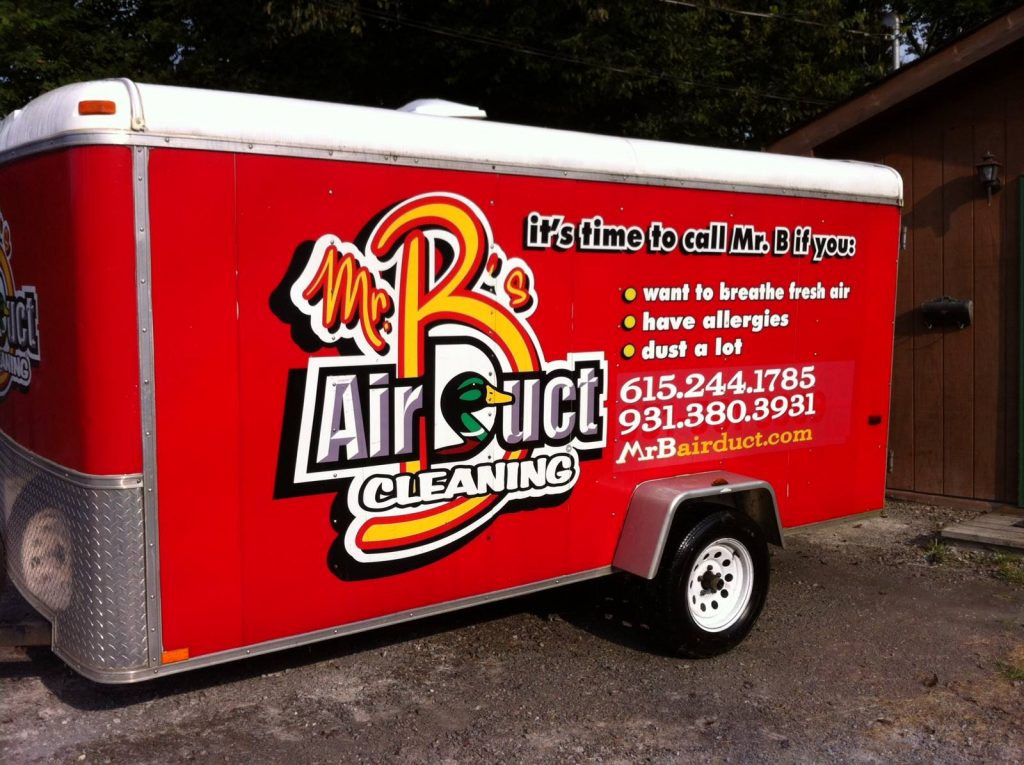
When Should You Have Your Air Ducts Cleaned
It’s important to clean the air ducts in your home once a year. Keeping them unclogged, clean and sanitized can reduce your risk of allergies and asthma. A professional cleaning will also help extend the life of your HVAC system, as well as lower your energy bills. Many people, unfortunately, wait until their HVAC system breaks down before taking action. The following are some indicators that it’s time to get professional duct cleaning services:
Your Air Ducts Are Discolored
When the ducts become clogged, the airflow is restricted. This causes the inside surfaces of your ducts to become discolored. The ducts might turn a shade of black or grey, or they might develop a greenish-blue tinge. If your ducts have become discolored, it’s a sign that they’re clogged. If you see discoloration in your ducts, schedule an HVAC cleaning as soon as possible. This is the first sign that your air ducts need cleaning. However, not all discoloration is bad. Some duct cleaning companies will try to scare customers by claiming that all discoloration is a health risk. This isn’t true. There are many reasons why the inside of your ducts might be discolored. For example, the ducts could be covered with mold. Or, there might be dirt or dust clogging the ducts. Duct cleaning will remove all of these impurities, leaving your ducts looking new and shiny again.
Condensation Has Formed Inside Your Ducts
When the inside of your ducts is dirty, the airflow is restricted. As a result, your HVAC system will have to work harder to keep your home at a comfortable temperature. It may even overheat. When the air inside your ducts is too warm, it will condense. In most cases, you’ll see water droplets forming on the inside walls of your ducts. When you see droplets forming on the inside of your ducts, it’s a sign that they need cleaning. Keep in mind that water droplets don’t always indicate a health risk. They may simply indicate that your air ducts need to be cleaned. In certain cases, the water droplets may indicate a possible health risk. This is more likely to happen in the summer, when the air in your home is particularly humid. If your air ducts are extremely dirty, the humid air may not be able to pass through the ducts. It will stay inside the ducts, saturating the walls with moisture. This water buildup can lead to mold growth. And, it can pose a health risk.
When the Air Conditioner Is Turned on, You Smell Musty Odors
Dirty air ducts can also lead to musty odors. This happens because the air inside your ducts is stale and gasses from inside your home have nowhere to go. When these gases have nowhere to go, they often smell bad. To prevent bad smells in your ducts, schedule an annual HVAC cleaning. When you do, your ducts will be sterilized and unclogged by the cleaning business. When your ducts are clean, they will allow the stale air inside your home to escape. They will also let fresh air inside your home go through the ducts.
You Hear Strange Noises When The AC Is Running
When the inside of your ducts is dirty, the airflow is restricted. As a result, your HVAC system will have to work harder to keep your home at a comfortable temperature. It will also make more noise. When you hear strange noises coming from your ducts, it’s likely that the inside of your ducts is dirty. A clogged air duct can cause your HVAC system to make all kinds of strange noises, from squeaking to banging. If your HVAC system is making strange noises, it may be a good idea to have your ducts cleaned. This will help your system run more efficiently and quietly.
You Can See Dust Or Dirt Inside Your Vents
The inside of your ducts is not supposed to be visible to you or anyone else. If you see dust or dirt inside your ducts, it’s a sign that they’re clogged. When the inside of your ducts is dirty, it doesn’t circulate air properly. This can be a health risk. It can also cause your HVAC system to work harder and use more energy. When the inside of your ducts is dirty, it doesn’t circulate air properly. This can be a health risk. It can also cause your HVAC system to work harder and use more energy.
